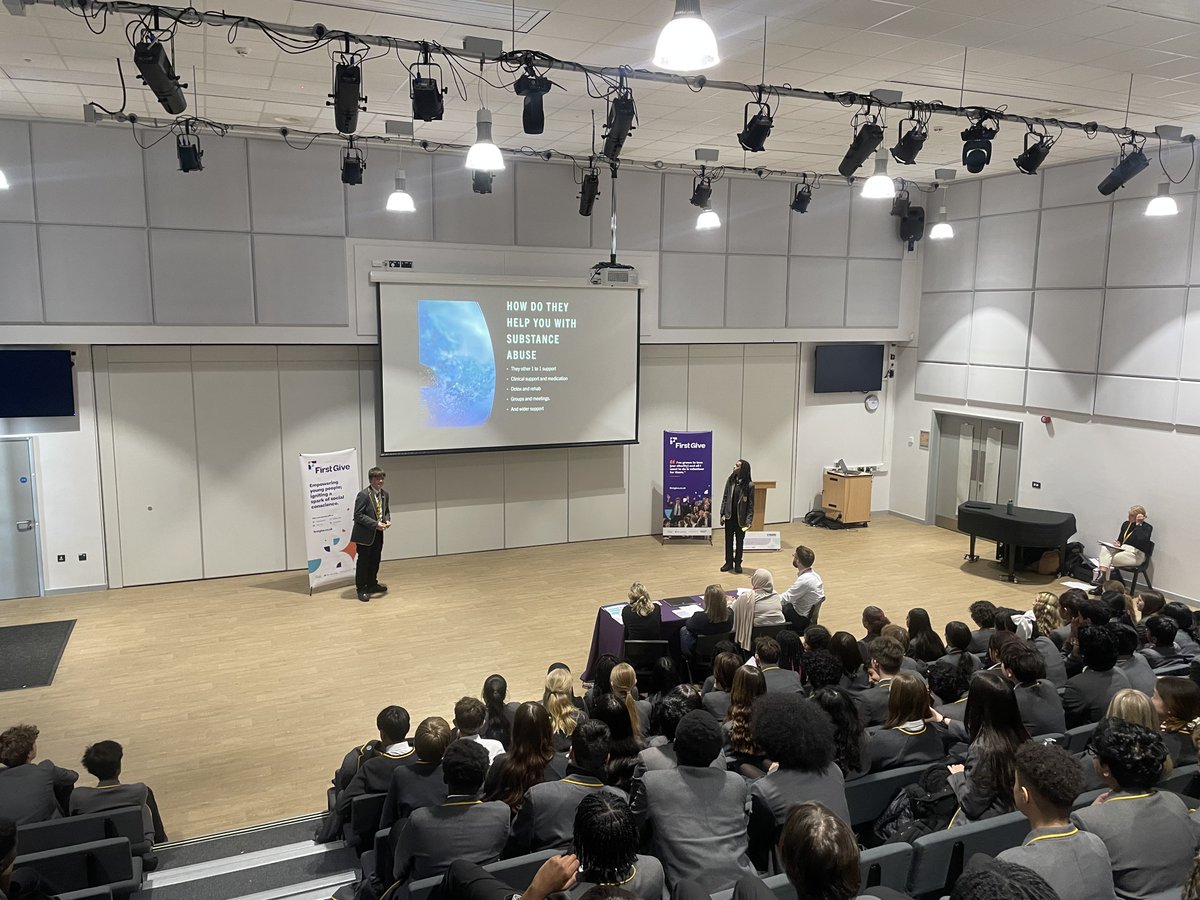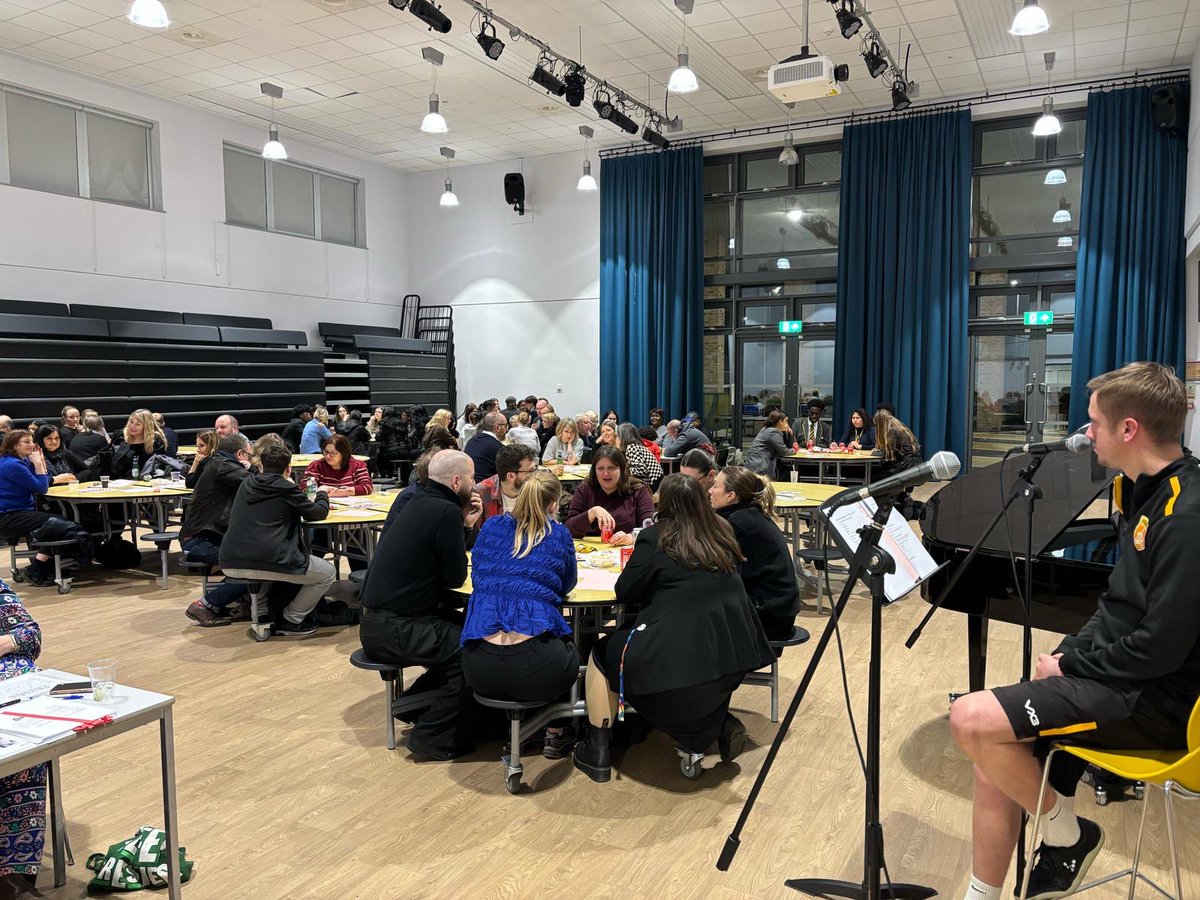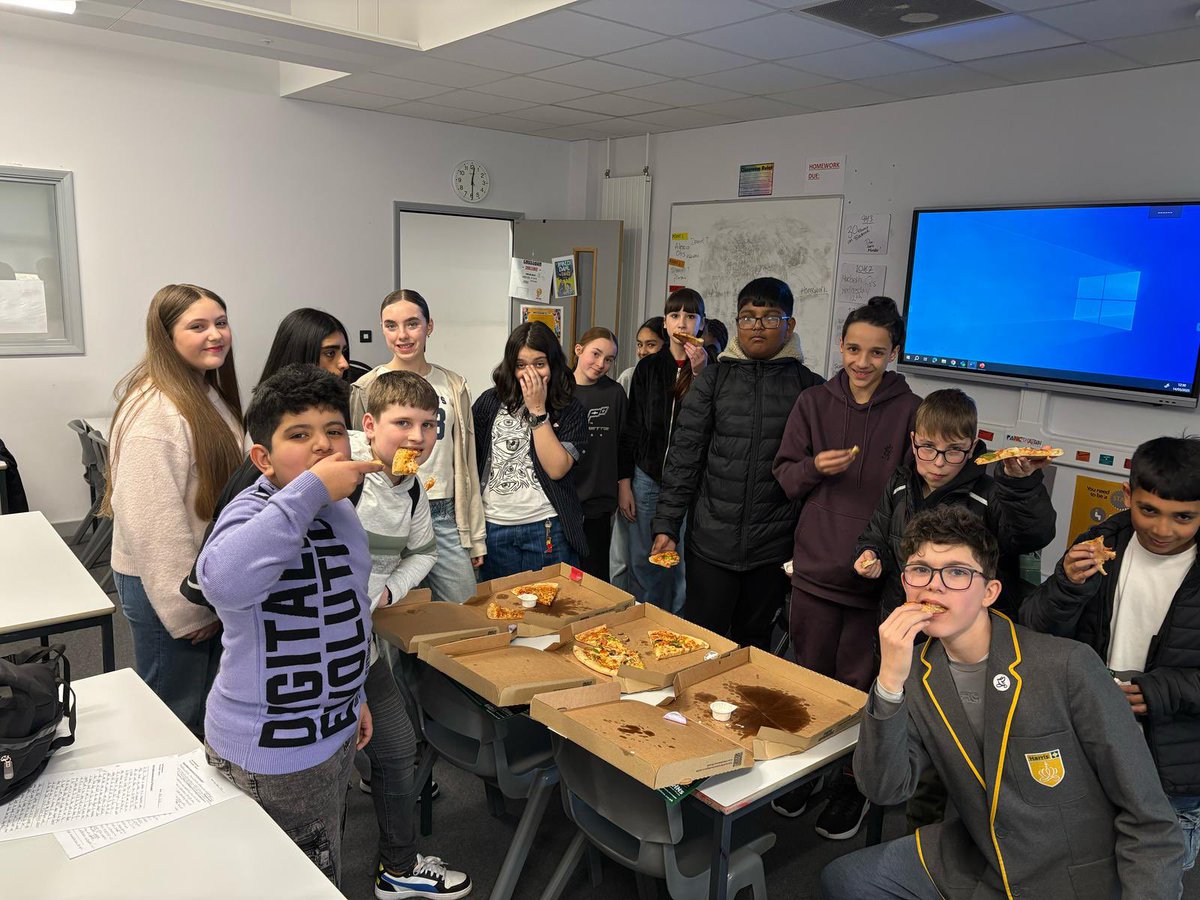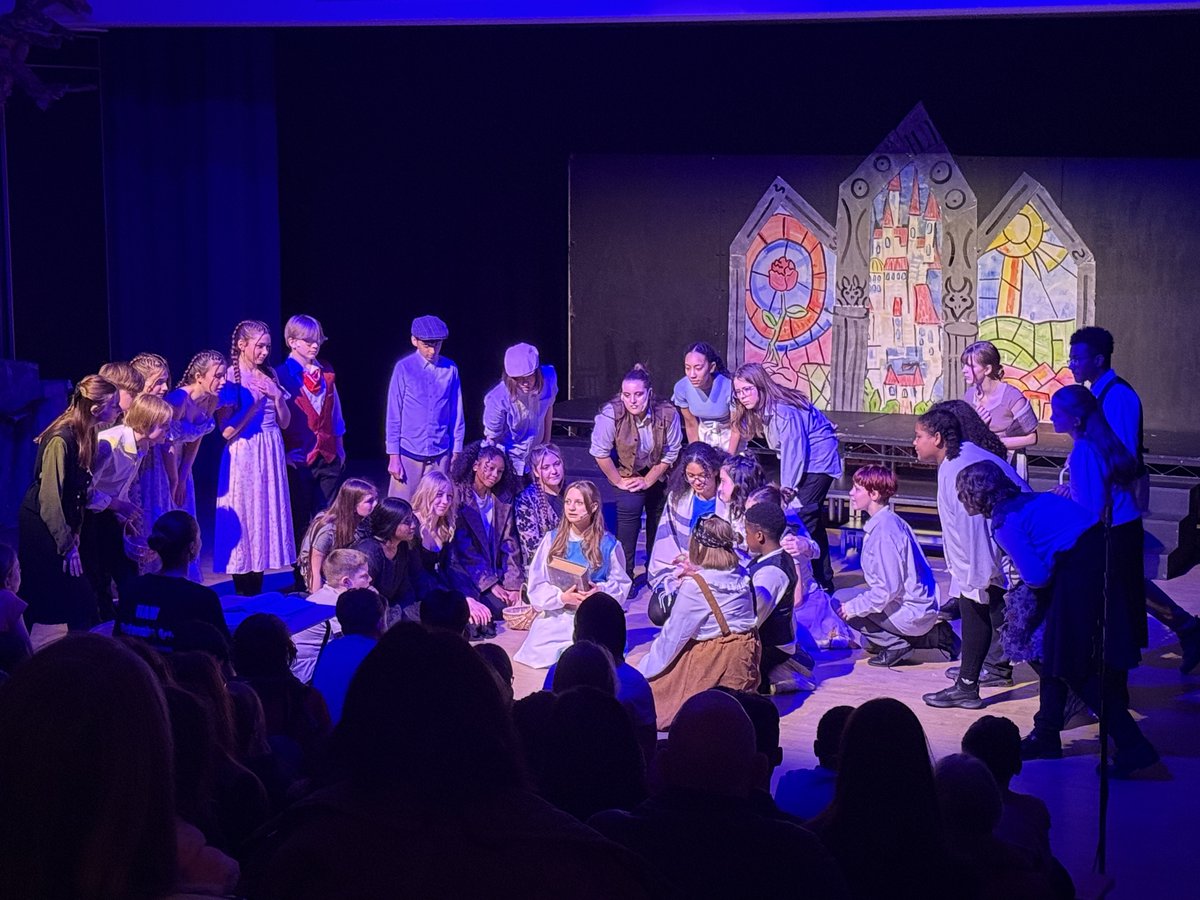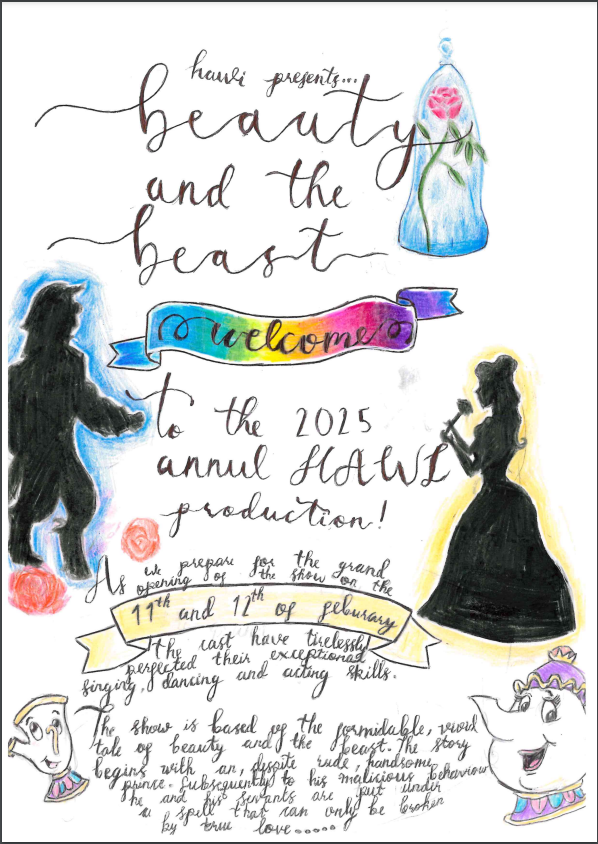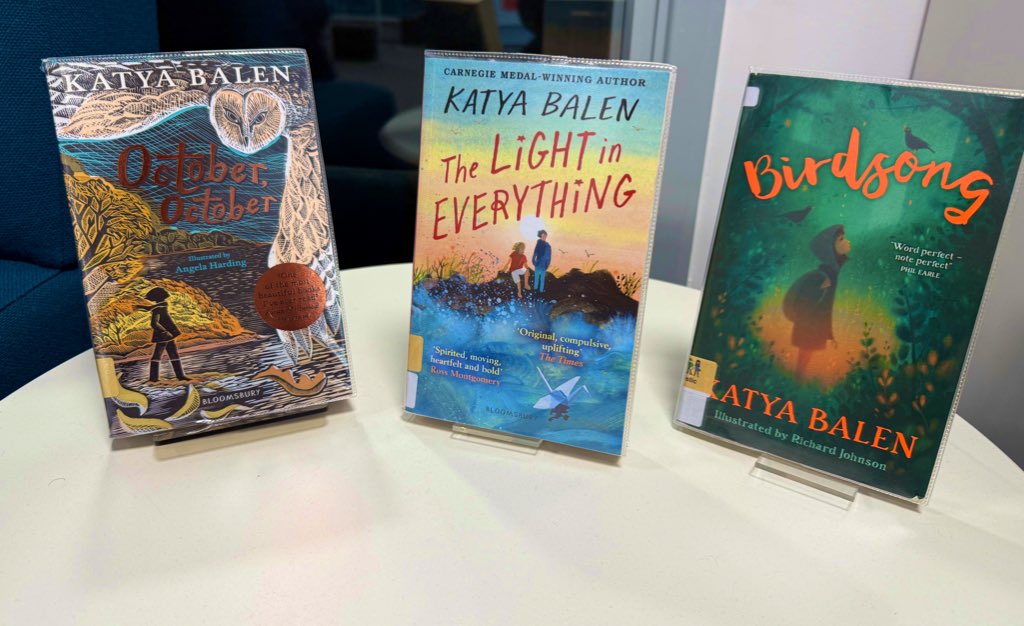Religious Studies
What is Religious Studies?
Religious Studies is a study of religion and beliefs which forms a crucial part of our culture and identity. Religious Studies promotes students to explore how religion and beliefs inform our values and develops their understanding of challenging questions such as, the meaning and purpose of life, beliefs about God, nature of reality and what it means to be human.
Why do we teach Religious Studies at HAWI?
The RS curriculum aims to contribute to students’ personal development and well-being and to community cohesion by promoting mutual respect and tolerance in a diverse society. At HAWI, the RS curriculum offers opportunities for personal reflection, deepening the understanding of the significance of religion in the lives of others – individually, communally, and cross-culturally. Fundamentally, we teach RS to provide the knowledge, skills, and understanding to discern and value truth and goodness, strengthening their capacity to make moral judgements and to evaluate different types of commitment to make positive and healthy choices. With this in mind, it is clear that the RS curriculum contributes to other parts of the school agenda, such as fundamental British Values, social, moral, spiritual, and cultural development (SMSC), Human and Life Skills, ethics, and philosophy. RS will provide a firm academic foundation for further study in history, literature, art, science and many more - both in terms of knowledge and in terms of skills learnt through the curriculum.
How do we teach Religious Studies at HAWI?
Our RS curriculum considers accurate knowledge based on religious traditions in Great Britain, taking into account the six main world religions and non-religious traditions (humanism). Students will be able to gain a deeper understanding of the continuity and progression of various religions, through synthesising significant features of religion together. Inevitably, students will develop their knowledge and religious vocabulary through their deliberate practice in KS3, which will interplay with their specified learning at KS4.
At KS3 and KS4, the RS curriculum will offer:
- Students to acquire and develop substantive knowledge in Christianity and other principal religions in Great Britain.
- Challenging questions about the meaning and purpose of life, beliefs, the self, issues of right and wrong, and what it means to be human.
- Students to develop mutual respect for others, including people with different faiths and beliefs, and help to challenge prejudice and misconceptions.
- Narratives, texts, debates, case studies, figurative language, and symbolism to evaluate religious and non-religious views on human identity and experience – both in historical and cultural context.
How do we make Religious Studies memorable at HAWI?
At HAWI, we want to ensure that the RS curriculum and enrichment opportunities leave memorable moments for our students. In lessons, students will have the opportunity to engage with religious sources and artefacts to experience places, traditions, festivals, and events that happen beyond the classroom. For example, Year 8 students during the Judaism module experience Hanukkah - eating Challah bread whilst making Dreidel in their groups. Alongside lessons, students are able to participate in Philethics – an enrichment programme designed to raise and develop young philosophers. Students in Philethics sceptically investigate and explore the most significant, yet controversial issues in history, from utilitarianism to the existence of God. Students engage in activities and modules such as, Philethics Court (group debate with case studies), Philosophical Room Escape, Philosophy in Greek Mythology and Religion in Philosophy which provides memorable moments in RS.
Please click here for Year 7 curriculum guide
Please click here for Year 8 curriculum guide
Please click here for Year 9 curriculum guide
Please click here for Year 10 curriculum guide
Please click here for Year 11 curriculum guide


